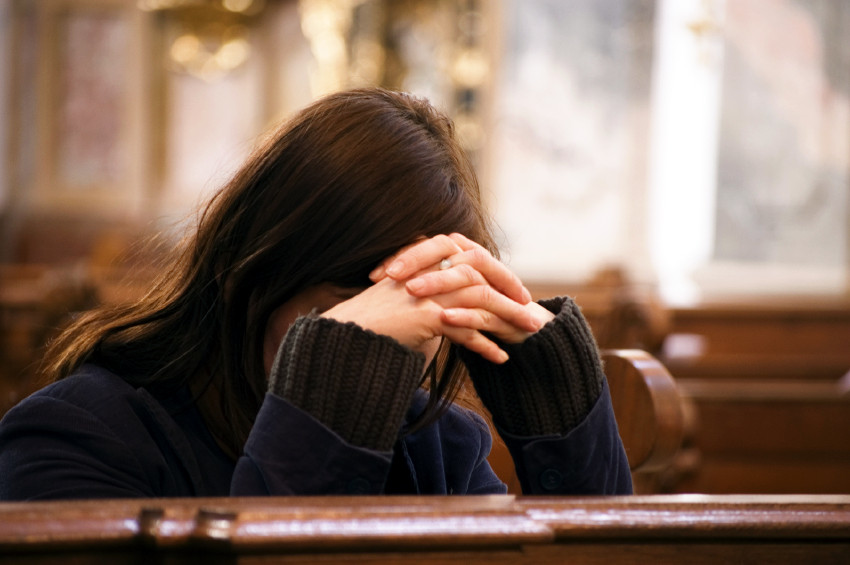"Blessed is he who comes in the name of the Lord.
Hosanna in the highest."
(The Benedictus from the Holy Communion Service)
(The Benedictus from the Holy Communion Service)
Once I'd made the connection that the Benedictus at the end of the Sanctus was a quotation from the crowds on 'Palm Sunday', and then made the connection that those crowds were quoting from Psalm 118, I found it quite enriching to have Psalm 118 in the back of my mind while saying or singing the Benedictus in church. Presumably the crowds who quoted from this Psalm saw Jesus as the fulfilment of the Psalm. And presumably if they saw him as the fulfilment of the Psalm, they were saying they recognised him as the long awaited Messiah.
The Benedictus is such a brief couple of sentences but when you have the whole of Psalm 118 in the back of your mind, for me at least, it really enriches what I'm saying or singing at this point of the Eucharist. I guess one of the things I'm doing at this part of the service is acknowledging my belief that Jesus was / is the Messiah, and praising God for Jesus' role in the salvation of the world. (I understand that 'Hosanna' literally originally meant "Save, we pray" which in Christian usage came to mean something more like "Praise God who saves!")
Psalm 118 (NRSV)
1O give thanks to the Lord, for he is good; his steadfast love endures forever! 2Let Israel say, “His steadfast love endures forever.” 3Let the house of Aaron say, “His steadfast love endures forever.” 4Let those who fear the Lord say, “His steadfast love endures forever.” 5Out of my distress I called on the Lord; the Lord answered me and set me in a broad place. 6With the Lord on my side I do not fear. What can mortals do to me? 7The Lord is on my side to help me; I shall look in triumph on those who hate me. 8It is better to take refuge in the Lord than to put confidence in mortals. 9It is better to take refuge in the Lord than to put confidence in princes. 10All nations surrounded me; in the name of the Lord I cut them off! 11They surrounded me, surrounded me on every side; in the name of the Lord I cut them off! 12They surrounded me like bees; they blazed like a fire of thorns; in the name of the Lord I cut them off! 13I was pushed hard, so that I was falling, but the Lord helped me. 14The Lord is my strength and my might; he has become my salvation. 15There are glad songs of victory in the tents of the righteous: “The right hand of the Lord does valiantly; 16the right hand of the Lord is exalted; the right hand of the Lord does valiantly.” 17I shall not die, but I shall live, and recount the deeds of the Lord. 18The Lord has punished me severely, but he did not give me over to death. 19Open to me the gates of righteousness, that I may enter through them and give thanks to the Lord. 20This is the gate of the Lord; the righteous shall enter through it. 21I thank you that you have answered me and have become my salvation. 22The stone that the builders rejected has become the chief cornerstone. 23This is the Lord’s doing; it is marvelous in our eyes. 24This is the day that the Lord has made; let us rejoice and be glad in it. 25Save us, we beseech you, O Lord! O Lord, we beseech you, give us success! 26Blessed is the one who comes in the name of the Lord. We bless you from the house of the Lord. 27The Lord is God, and he has given us light. Bind the festal procession with branches, up to the horns of the altar. 28You are my God, and I will give thanks to you; you are my God, I will extol you. 29O give thanks to the Lord, for he is good, for his steadfast love endures forever.





